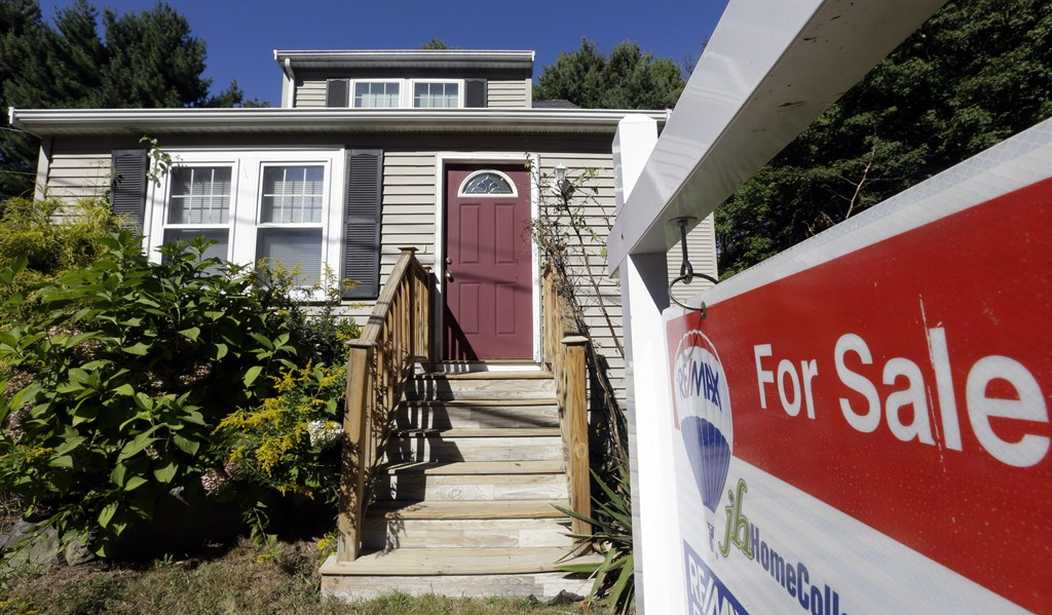When should you payoff your mortgage? The answer depends on you, however most people need to have the mortgage paid off if they wish to have a comfortable retirement. That, of course, isn't the only way to have a satisfactory retirement but it goes a long way toward insuring a happy one.
Should you be about the age that was always considered the retirement age, 65 years old, and haven't paid off your home mortgage then I can only assume you are in a position to retire without doing this. If you reached this age and have been too busy to think about it, and aren't in a position to retire, you still may be able to get there. Keep reading. Last but certainly not least there are many in this country who wouldn't consider stopping what they have done and loved all their life: their work! I know the feeling and I salute their work ethic.
Back to reality. The work force participation is the lowest in decades and not only is the nation deeply in debt, the workers are also. Social Security is probably at best a tossup as to whether those in their 40 to mid 50s, or younger, will have it around to help them retire.
Your house could be the answer if you manage it right. That means concentrating on paying it off, not continually lowering the payment and starting the time of the amortization over and over. If you take a shorter amortizing loan and stay with the program you should be able to payoff your house in one to two decades, and you will have locked up your future right then and there.
I am not against refinancing to lower rates, however, most borrowers think first and only about lowering their payments. They do not count the extra years they add to their loan nor the fact that paying off the house will, at minimum, take more time and could also cost you more money. When you refinance you should always try to take a shorter amortization. If you are not convinced compare the two payments as to what percentage of the first new payment will go to principal and what percentage will go to interest on the same amortization you currently have and the shorter one that I suggest. When you make that comparison realize your retirement is hanging in the balance.
Recommended
If you are just starting out and are in line to buy your first property start with a shorter amortizing loan, preferably a 15 year fixed or a 20 year if necessary. Don't worry about not getting as big a house as your friends because they will probably take a 30 year and you will build equity twice as fast as they will. In 15 years you will be done and they will half of the loan to go. You will have plenty of time to get a bigger and better property and better than that a large amount of cash for a down payment.
For those of you who are approaching retirement but are 62 years of age or older you can enhance your retirement with a reverse mortgage. (Note: if you are married both borrowers have to be 62 years old to qualify) At 62 years you have satisfied one of the two qualifications; the other one is owning a house, condominium or 2-4 units that you live in with sufficient equity.
If there is enough equity for your age which can be ascertained by your reverse mortgage representative you will have your existing loan paid off by the refinance to the reverse and you will not make another payment until you if single, or the last to leave of the couple, is out of the house. Leaving the residence to go to assisted living or some other facility you won't return from or from passing away starts the clock for the heirs to either refinance, sell or payoff the mortgage in the first year.
Depending on the size of your loan on your property when you take the reverse you might also get cash out or an equity line which is yours to keep, spend and not pay back during your time in the property. This is in addition to your loan being paid off by the reverse and not making payments on that either as has been stated above. If you haven't a loan on your property you can also get cash out with a reverse and never have a payment.
The key to retirement is your house, condo or units, first and foremost. It is just a matter of considering the future and your current life will improve and your future can be outstanding. It is just that easy.

























Join the conversation as a VIP Member